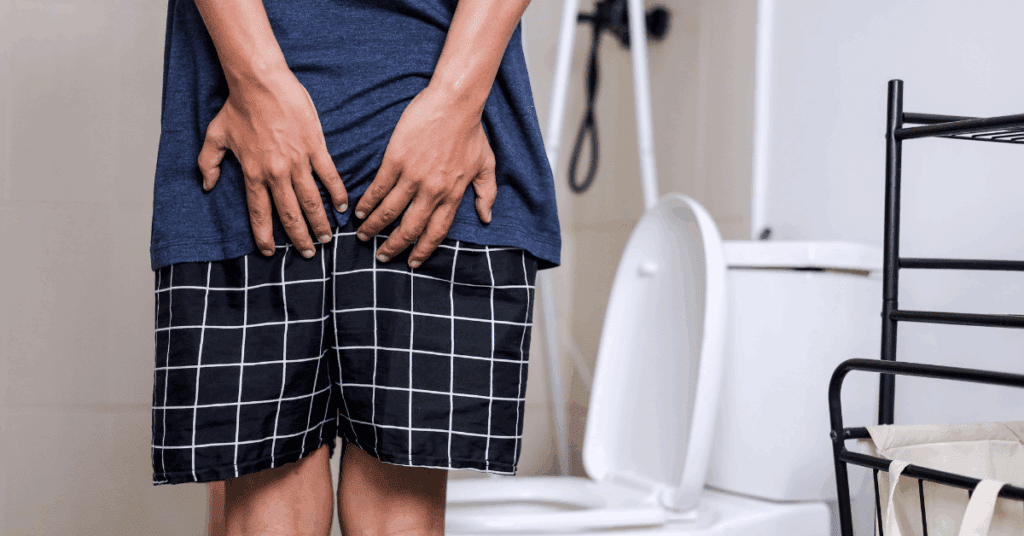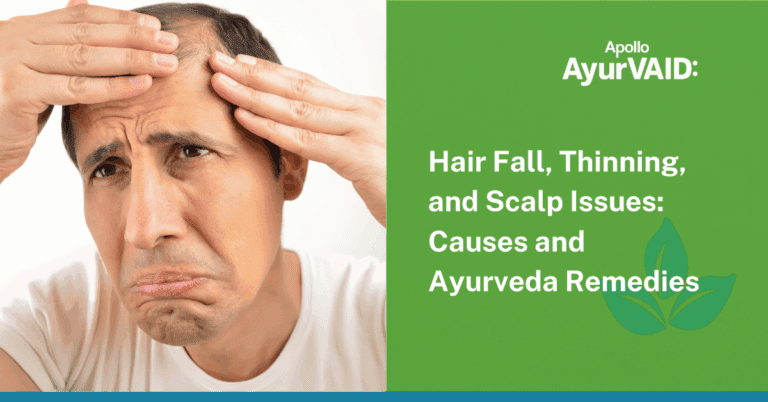Introduction
Why Food Matters More Than You Think
Every meal you eat either helps your body heal or adds to its distress. That’s especially true for piles. What you eat shapes your stool. It determines whether going to the toilet feels effortless or painful.
Ayurveda views food not just as fuel but as medicine. That means choosing meals that improve Agni (digestive fire), soften stools, reduce inflammation, and support proper bowel movements. A good Ayurveda diet chart for piles patient doesn’t just remove irritants—it builds gut strength over time.
If you’re wondering which food is good for piles patient, it’s the simple, warm, and natural ones that help most. Think soft-cooked vegetables, ghee, light grains, and soothing fruits. These foods don’t need to be complicated or expensive; they simply require mindfulness. Here is a sample diet chart for piles:

| Meal Time | Recommended Foods | How to Take / Preparation | Reason / Benefit |
|---|---|---|---|
| Early Morning | Goat’s milk (Ajaksheera) – 1 glass (lukewarm) Can add a pinch of black pepper (Maricha) | Drink lukewarm; add a pinch of black pepper if desired | Easy to digest, soothes inflammation, improves gut health |
| Breakfast | – Barley porridge (Yava) OR Red rice porridge (Rakta Shali) – Bathua saag (Vastuka Shaka) lightly cooked | Cook with minimal spices and a little ghee | High fiber, cooling, eases bowel movement |
| Mid-Morning Snack | Buttermilk (Takra) – 1 glass | Add roasted cumin powder & a pinch of black salt | Probiotic, light, cooling, aids digestion & prevents constipation |
| Lunch | Red rice (Rakta Shali) or Wheat (Godhuma) chapati – Boiled / lightly cooked Elephant foot yam (Surana Kanda) – Pointed gourd (Patola) curry – Small portion of lean meat (Mrig Mamsa – like skinless chicken) if non-veg | Use very less oil & spices, avoid frying | Fiber + protein combination, supports healing, easy digestion |
| Evening Snack | Horse gram (Kulattha) soup OR roasted horse gram drink | Add ginger/jeera for taste | High fiber, reduces inflammation, improves circulation |
| Dinner | – Barley khichdi with vegetables (Patola- Snakegourd, Vrintaka – eggplant) – Light curd or Takra (buttermilk) on side | Avoid excess oil and spice | Light dinner aids digestion, prevents night-time strain |
| Bedtime (if needed) | Warm milk (Goat’s milk) with a little ghee (Ghrita) | ½–1 tsp ghee in lukewarm milk | Lubricates intestines, prevents constipation |
What Food Should Be Avoided for Piles Patients
- Fried, spicy, or overly oily dishes Heavily processed snacks or packaged foods
- Red meat, especially if eaten frequently
- Raw, unripe, or heavy-to-digest fruits and vegetables
- Excessive curd, especially at night
- Refined flour and bakery items
- Fermented, stale, or overly sour foods
It's Not Just What You Eat. It’s How You Eat.
Ayurveda also teaches us how to eat. Eating hurriedly, consuming food while on the move, and not feeling hungry can all cause disruptions to our digestive system.
So, slow down. Sit down. Eat only when you are hungry. Don’t eat late at night. Don’t consume multiple kinds of food in one meal. Keep it light, warm, and simple. Most importantly, listen to your body.
The Apollo AyurVAID Approach
At Apollo AyurVAID, we do not believe in quick fixes. We don’t just treat piles; we treat it as a sign that your digestion needs root cause care. Our approach includes:
- Personalised Ayurveda diets for every stage of healing
- Classical herbs and medicines that improve digestion and reduce pain
- Lifestyle guidance that supports long-term recovery
- Para-surgical treatments like Ksharasutra, if needed, are minimally invasive and highly effective
- Expert follow-ups to make sure healing stays on track
What sets us apart is how we integrate clinical evidence with the wisdom of Ayurveda. We don’t just hand you a list of dos and don’ts. We walk with you through your recovery.
Final Thoughts
Healing from piles takes patience. But it starts with the choices you make every day, especially on your plate.
Ayurveda doesn’t just alleviate the pain and discomfort of piles; it seeks to restore balance. This starts with what one eats, how the food gets digested, habits, and managing stress.
You don’t have to suffer in silence. With the right support, the right diet, and a little consistency, your gut can heal. And you can start living again, without the burden of discomfort.
References
FAQ
Share
Table of Contents
Latest Post
Book a consultation now
Consult our Ayurvedic doctor with 20+ Years of experience &
Insurance Approved Treatment
Popular Searches: DiseasesTreatmentsDoctorsHospitalsWhole person careRefer a patientInsurance






